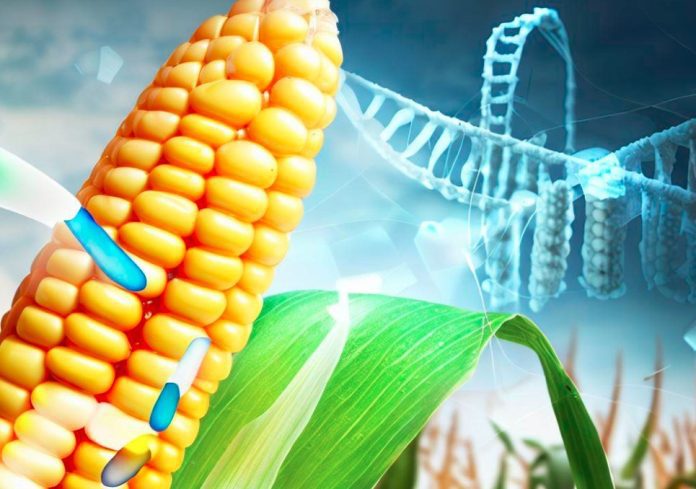News in bief: Yaw Frimpong Addo, Ghana Food and Agriculture Deputy Minister, urges African governments to invest more in biotech to address hunger. He emphasises the need for collaboration and optimal deployment of biotech tools to save millions of undernourished Africans.
Yaw Frimpong Addo, Ghana’s Deputy Minister for Food and Agriculture, urges African governments to make more investments in biotechnology. He claims that complete collaboration and optimal deployment of biotech tools can save about 278 million undernourished Africans.
Addo emphasised the need for collaboration across the continent as it will allow exchange of expertise and personnel. He added that the collaboration will need donor partners.
His comment was from his speech at the first International Symposium on Agricultural Transformation and Biotech Crops in Africa, at the University of Ghana. The symposium covered topics like new breeding techniques (NBTs), Genetically Modified Organism (GMO), and genome editing in Africa.
Participants talked about how farmers can access crops produced with NBTs, areas where GMO crops already exist in Africa and their benefits, as well as potentials of genome editing tools and promising NBTs and other innovations that improve crop production.
Alliance for Science Ghana and the West Africa Centre for Crop Improvement (WACCI) organised the symposium and hosted 25 speakers from 20 countries in Africa, Latin America, the USA, the UK and the Philippines.
Addo mentioned that Ghana is championing the adoption of agricultural scientific innovations on the continent. For example, the country’s National Biosafety Authority (NBA) already approved a GMO crop, the Pod borer resistant cowpea (or Bt cowpea) in 2022 for environmental release. The Bt cowpea is said to need about 6 to 8 times less pesticides during its three-month life cycle.
However, the crop still needs an approval from the Varietal Release Committee at the Ministry of Food and Agriculture before farmers can start cultivating them. Yet, the deputy minister emphasised that this is an example of how biotechnology can improve crop production.
“It protect the environment from the damaging effects of climate change,” Addo said. “It also helps avoid the tedious work women and men would have to do on the field fetching water to mix chemicals. Also, it helps avoid pesticide poisonings in our farmers.”
Prof. Eric Danquah of the University of Ghana, who opened the symposium, also encouraged collaborations at the government level to ‘unlock the potential of plant biotechnology’.
Meanwhile, Joseph Opoku Gakpo, the Country Lead of Allisance for Science Ghana, highlighted the fact that Africa has twice as many hungry people as Asians and about 8 times that of Northern America and Europe. Given this staggering statistics, it is clear that Africa needs to do something urgent to solve its hunger crisis. He said that they need all the solutions they can lay hands on and all hands should be on deck.
Adopting GMO crops in Africa is not as straightforward as one would expect. Their are still misgivings about food that is not ‘all natural’. recently, we reported that a court in Kenya reinstated a ban on GMO crops after the government tried lifting it. Considering the climate impact of mainstream agriculture, innovative methods will need to be adopted quickly if we want to grow more food using less chemicals, land, water, and other decreasing resources.



